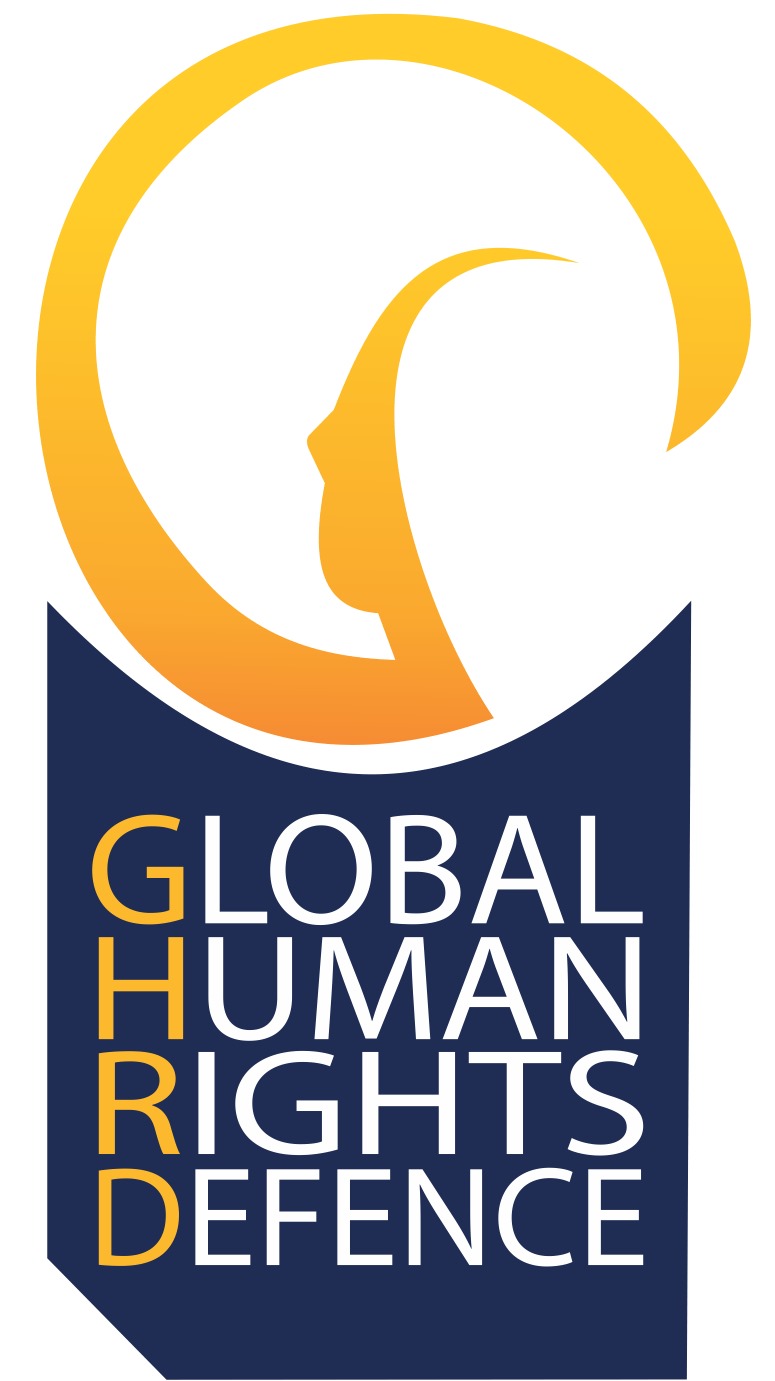- info@ghrd.org
- Mon-Fri: 10.00am - 06:00pm
57th Session of the UNHRC
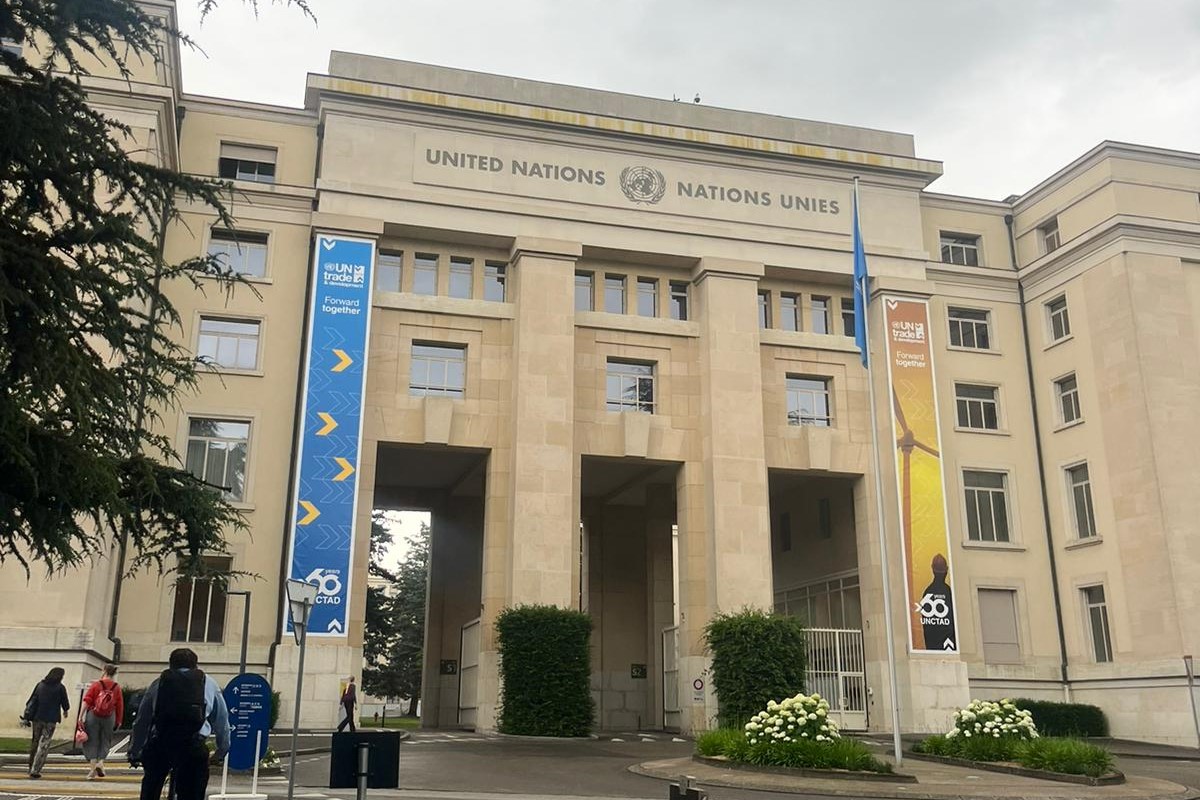
57th Session of the United Nations Human Rights Council
One of ghrd’s main pillars is advocacy, which we achieve through active engagement with UN and EU bodies. At the UN level, we submit oral and written statements and participate in councils to advance minority rights. Our team frequently attends Human Rights Council sessions to collaborate with UN officials and fellow NGOs, working together to further our mission.
1

2

3

4

57th UNHRC
In the most recent session of the UN Human Rights Council, we attended events highlighting several human rights topics. Some of them are given below.
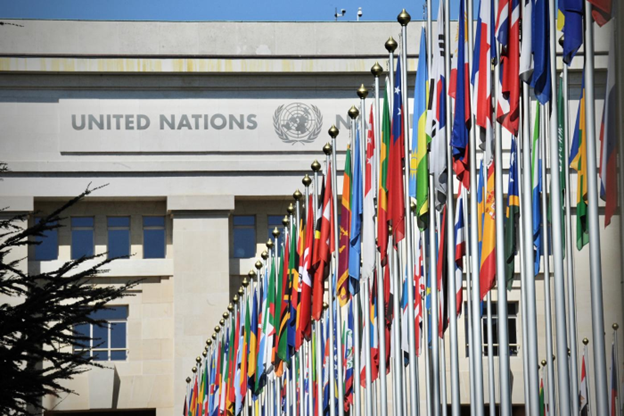

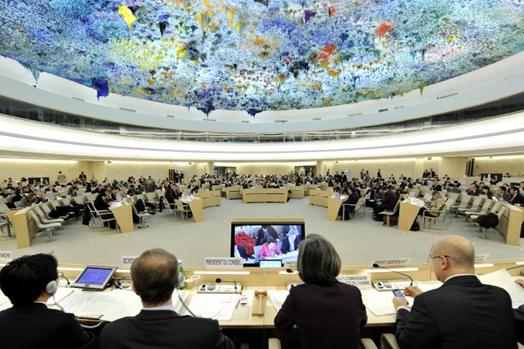
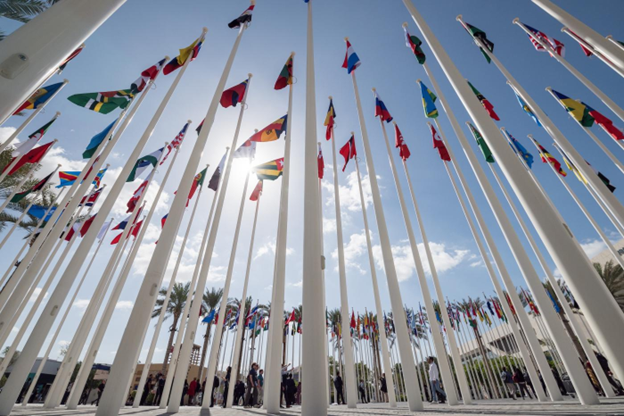
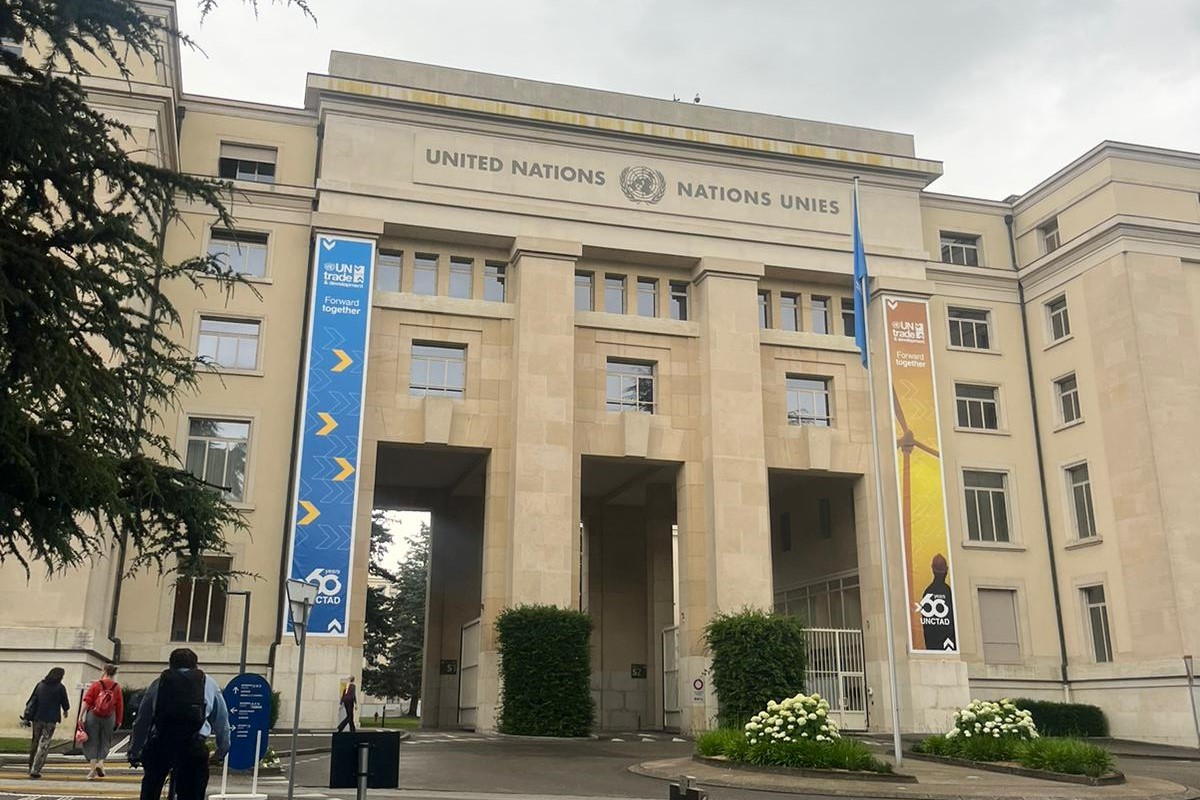
Arbitrary arrests, enforced disappearances and the role of accountability in the MENA region
In Yemen, 13 UN employees and 60 international organizations have been kidnapped, and human rights defenders face arbitrary detention and violence. At least 10,117 civilians have been abducted, with 148 confirmed dead. 279 women and girls are arbitrarily detained, subject to torture, indoctrination, beating, and rape. Human rights defenders face harassment, smear campaigns, bureaucratic obstacles, illegal fees, and hate speech. Calls for action include strengthening the OHCHR mandate for technical assistance, establishing an independent investigative mechanism, funding for financial aid, and unconditional release of hostages.
School closures in Tibet
The UN Side Event exposed Beijing’s repression of Tibetan citizens, claiming it attacks their culture and way of life. The event highlighted how the Chinese government uses education to implant a single way of thinking and eliminate knowledge of traditional cultures, history, and languages.
Social reintegration post-detention
The UN Side event on social reintegration post-detention, organized by INHR and the Costa Rican Mission, aimed to highlight the challenges faced by individuals deprived of liberty upon release and advocate for employability programs to help them reintegrate into society with dignity and opportunity.
Human rights in Bangladesh
The UN Side Event highlighted the human rights abuses in Bangladesh, including arbitrary detention under the Sheikh Hasina regime, brutal repression of student protests, and the recent massacre. The event called for an independent investigative mechanism, support for freedom of expression, diplomatic pressure, and humanitarian assistance. It also called for a thorough law enforcement and judiciary reform and an independent accountability mechanism to address human rights violations. The region of Chittagong Hills remains under de-facto military rule.
Arbitrary detention in the UAE
The UAE is facing arbitrary detention of human rights defenders, often based on fabricated charges, for advocating for constitutional democratic reform. Detained individuals are held in unknown places, subjected to solitary confinement, physical assault, and torture. The UAE government is interfering with freedoms of speech and expression, suppressing independent thought and civic space. Dissenting voices are currently in exile, prison, or silenced. The UAE’s lack of accountability undermines peace and security abroad, as it leverages its economic and security power in international relations.
Towards ending immigration detention for asylum seekers
The UN Side Event, organized by Colombia’s Mission, UNHCR, Unicef, International Detention Coalition, and the Office of the UN Special Representative on Violence against Children, emphasized the urgent need to end immigration detention for asylum seekers, particularly minors, as it goes against human rights and is barbaric, useless, and expensive, hindering integration, creating trauma, stigmatizing, and criminalizing vulnerable individuals.
Caste-based discrimination in South Asia
The UN side event discussed caste-based discrimination in South Asia, involving Dalit representatives from Bangladesh, Pakistan, India, and Nepal. Dalits make up 7.95% of Bangladesh’s population and face serious attacks without access to justice. They are often in scheduled caste, leading to child labor, forced marriage, and sexual exploitation. In India, reported cases of sexual violence against Dalit women have doubled between 2014 and 2024. Nepal is one of the top 20 countries suffering from the climate crisis, with Dalits disproportionately affected.
Advancing accountability in Afghanistan
The panel discussion focuses on advancing accountability in Afghanistan, including calls for an accountability mechanism and renewal of the Special Rapporteur’s mandate. It also addresses the Taliban’s disregard of human rights treaties and calls for international cooperation. The discussion also addresses gender apartheid, its promotion by the Taliban, and the importance of civil society involvement in diplomatic and political processes.
Human rights in Sri Lanka
Over 18,000 people in Sri Lanka are considered “forcibly disappeared,” with religious minorities, protestors, and human rights defenders particularly vulnerable. The Prevention of Terrorism Act and anti-drug campaigns are used to target minorities, while the government has set up an Inquiry Commission and Office for Missing Persons. Families of the disappeared face intimidation and reprisals from police and security forces. Mass graves are being discovered, and human rights defenders call for a DNA data bank to identify victims. A resolution is being proposed at the Human Rights Council to extend the mandate of the OHCHR for an external evidence gathering and accountability mechanism.
GHRD statements during the 57th UNHRC
GHRD representative Elena Vallejo Secadas made a statement on ‘situation in Bangladesh’ in item 2 general debate during the 57th UNHRC.
GHRD representative Elena Vallejo Secadas spoke about ‘death penalty and blasphemy in Pakistan’ under item 3 general debate in the 57th UNHRC.
ABOUT US
Global Human Rights Defence (GHRD) is a dedicated advocate for human rights worldwide. Based in The Hague, the city of peace and justice. We work tirelessly to promote and protect the fundamental rights of individuals and communities. Our mission is to create a more just and equitable world, where every person's dignity and freedoms are upheld. Join us in our journey towards a brighter future for all.
ALL CONTACTS
-
Riviervismarkt 5-unit 2.07
2513 AM The Hague - Phone +31 62 72 41006
- info@ghrd.org
-
Mon-Fri: 10:00am - 06:00pm
Saturday & Sunday Closed - Bank Details: NL69 ABNA 0417 9430 24
- Chambers of commerce NR. 27261631
SUBSCRIBE
Stay informed and be part of change - Subscribe to our newsletter today!
- Copyright of ghrd 2023. Powered by Desmantle Studio.
